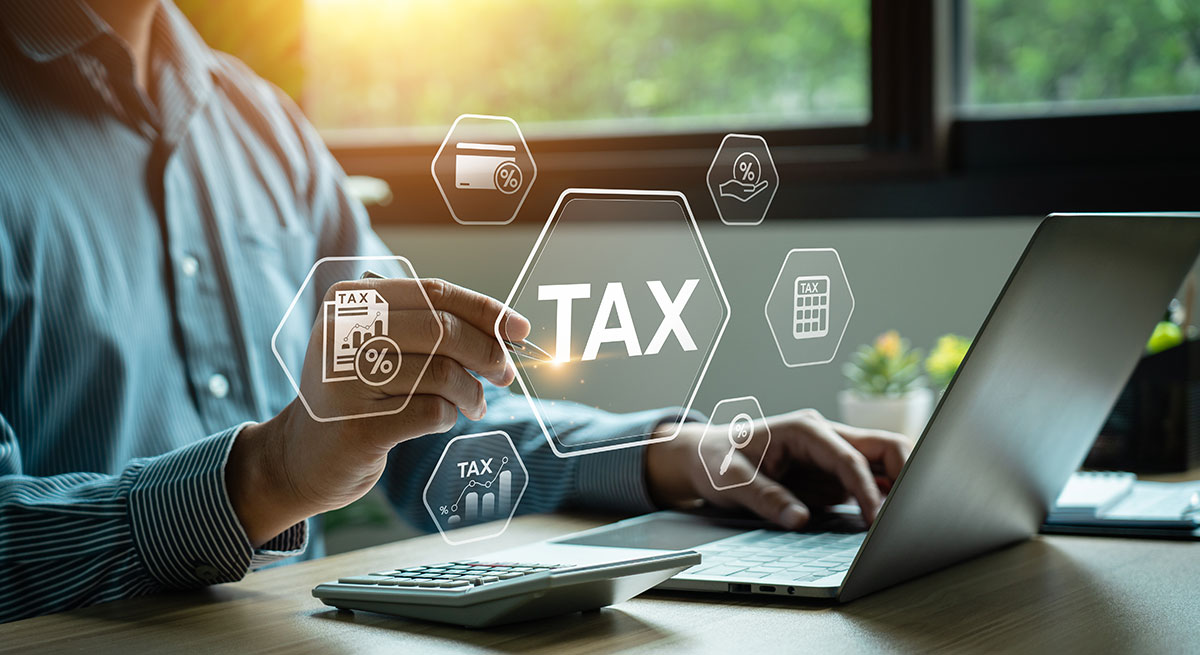Running a small business is rewarding, but it comes with challenges, especially when it comes to managing taxes. I have worked with small business owners in Massachusetts for decades, and one thing is clear: the key to financial success is planning, not just reacting. Smart tax strategies are not just about reducing what you owe. They are about keeping your business financially healthy, investing in growth, and making decisions that benefit both your company and your personal finances.
Understanding Your Tax Obligations
The first step in smart tax planning is understanding your obligations. Small business owners are responsible for a range of taxes, including income tax, payroll taxes, sales tax, and sometimes property taxes. Many business owners underestimate how complex this can become. Each type of tax has its own deadlines, forms, and rules.
By staying informed and organized, you reduce the risk of penalties and interest. I encourage business owners to set up a system to track income, expenses, and tax deadlines throughout the year. Waiting until the last minute not only creates stress but can also lead to mistakes.
Keeping Accurate Records
Accurate record keeping is one of the most important tax strategies for small business owners. Keeping detailed records of all income, expenses, and deductions makes tax preparation much easier and reduces the risk of errors. This includes receipts, invoices, payroll records, and bank statements.
I always tell clients that organization is not just for tax season. It helps you see the bigger picture of your business’s financial health. When records are up to date, you can make better decisions about budgeting, investments, and growth. Plus, in the event of an audit, good records can protect you and your business.
Taking Advantage of Deductions
Small business owners often overlook deductions that can save significant money. Common deductions include business expenses such as office supplies, equipment, utilities, and travel. Home office deductions may also apply if part of your home is used exclusively for work.
Another area where many businesses can save is depreciation. Certain purchases, like vehicles or equipment, can be depreciated over time, reducing taxable income. I work with clients to identify all legitimate deductions and ensure they are applied correctly. Being thorough and proactive with deductions can make a noticeable difference in tax liability.
Retirement Contributions as a Tax Strategy
Saving for retirement is a priority for small business owners, and it can also provide tax benefits. Plans such as SEP IRAs, SIMPLE IRAs, and 401(k) plans allow business owners to contribute pre-tax income, reducing their taxable income for the year.
Setting up a retirement plan for yourself and your employees not only helps with tax planning but also serves as a valuable benefit to attract and retain talent. I often encourage small business owners to review their retirement contributions annually and adjust as needed to maximize both savings and tax advantages.
Planning for Estimated Taxes
Unlike employees, small business owners generally do not have taxes automatically withheld from income. That is why estimated taxes are so important. Paying quarterly estimated taxes helps avoid penalties and keeps cash flow manageable.
I advise clients to review income and expenses regularly and adjust estimated tax payments if there are significant changes. Planning ahead reduces surprises and ensures that your business stays on track financially.
Taking Advantage of Tax Credits
Tax credits are another valuable tool for small business owners. Unlike deductions, which reduce taxable income, credits reduce your actual tax owed. Common credits include those for hiring employees, providing healthcare, investing in energy-efficient equipment, and supporting research and development.
Many small business owners do not realize they qualify for certain credits. I work with clients to identify applicable credits and ensure they are claimed properly. Maximizing credits can save businesses thousands of dollars each year.
Planning for Growth and Investment
Tax strategy is not just about saving money now. It is also about planning for the future. Investing in your business, whether through equipment, technology, or employee training, can provide both immediate tax benefits and long-term growth. Strategic planning allows business owners to time purchases and expenses in a way that maximizes deductions and supports expansion.
Working with a Professional
Taxes are complicated, and laws change regularly. A trusted accountant can help small business owners navigate the complexities and make informed decisions. My experience as a CFO and small business owner allows me to provide guidance that goes beyond compliance. I help clients plan strategically, manage cash flow, and make decisions that align with their long-term goals.
Final Thoughts
Smart tax strategies are essential for small business owners. By understanding obligations, keeping accurate records, taking advantage of deductions and credits, planning for retirement, and managing estimated taxes, business owners can reduce stress, improve cash flow, and invest in growth.
I have seen firsthand the difference proactive planning makes. Business owners who take a thoughtful approach to taxes are not just saving money—they are creating a foundation for long-term success. Whether you are just starting a business or have been operating for years, it is never too late to implement strategies that will benefit your business and your future.
Tax planning is more than just a task for April. It is a year-round commitment to making smart choices, protecting your business, and setting yourself up for success. With the right strategies and guidance, small business owners can navigate taxes confidently and focus on what matters most: growing their business and serving their communities.
